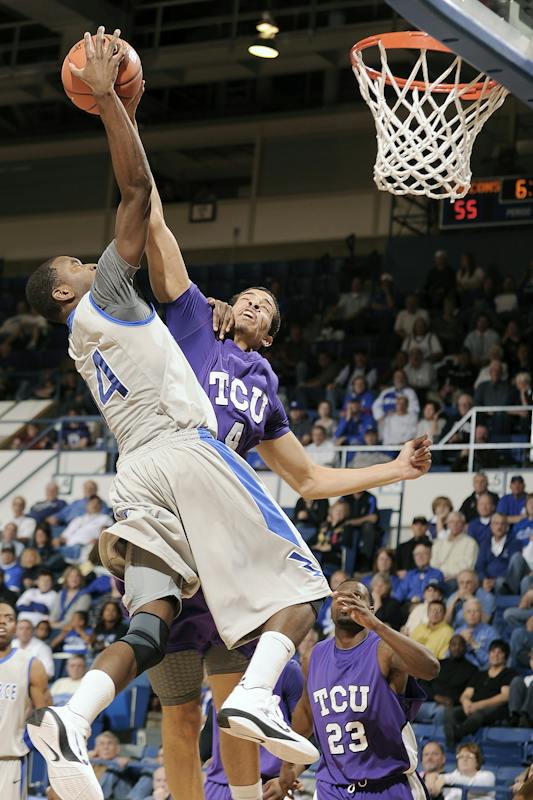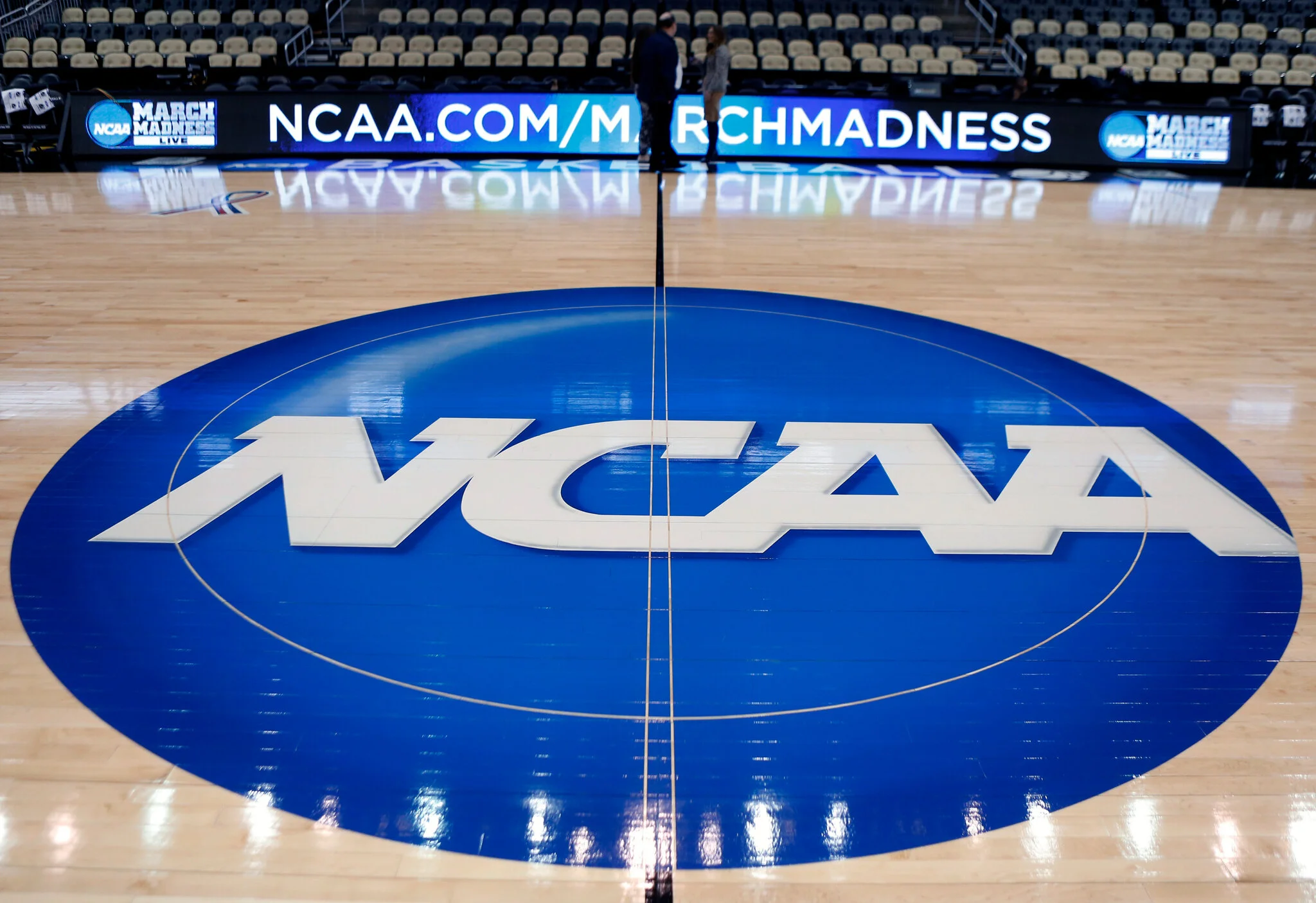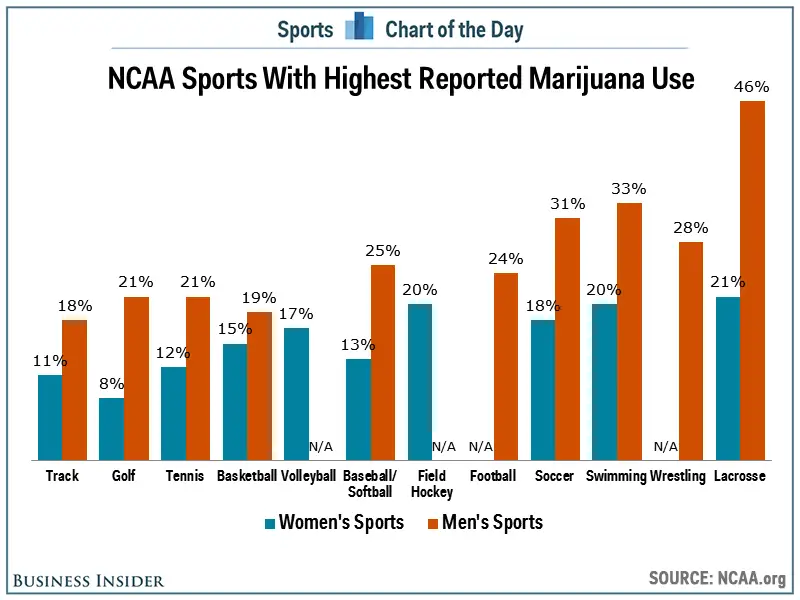A Game-Changing Proposal by the NCAA

In a landmark move, the National Collegiate Athletic Association (NCAA) has proposed a significant shift in its drug policy. At the heart of this change is the proposed removal of cannabis from the list of banned substances, a decision that has stirred conversations across various spheres – sports, academia, health, and legal. This blog post delves into the nuances of this proposal, exploring its implications, rationale, and the broader context in the world of collegiate athletics.
Understanding the NCAA’s Stance on Cannabis
The Current Policy and Proposed Changes
The NCAA, the governing body for college athletics in the U.S., has historically banned cannabis use among athletes, with strict testing and penalties in place. However, in a significant policy shift, the NCAA Division I has proposed to stop drug testing athletes for cannabinoids. This move aligns with the growing recognition of cannabis not being a performance-enhancing drug.

The driving force behind this proposal is the emerging consensus that cannabis does not enhance athletic performance. The NCAA’s decision echoes a broader societal shift in the perception of cannabis, especially given its legal status in various states for medical and recreational use.
The Evolving Landscape of Cannabis in Society
The proposal comes against the backdrop of a changing legal landscape, where numerous states have legalized cannabis for medical and recreational purposes. This legal shift has played a pivotal role in altering public perception and reducing the stigma associated with cannabis use.
The NCAA’s distinction between cannabis and performance-enhancing drugs is crucial. This separation acknowledges that cannabis does not give athletes an unfair advantage, prompting a reevaluation of its place on the banned substances list.
The Implications for Student-Athletes and Colleges
Removing cannabis from the banned substances list could significantly impact student-athletes. It might reduce the career-threatening consequences they currently face for cannabis use. This change could also align NCAA policies with evolving state laws, reducing legal discrepancies that athletes might face.
Colleges might have to adapt their approach to drug education and harm reduction. The focus could shift from punitive measures to educational and support-based strategies, helping athletes make informed decisions about cannabis and its effects on health and performance.
The Broader Context: Cannabis in Sports and Beyond
The NCAA’s proposal mirrors a trend in professional sports, where leagues like the NBA and NFL have eased restrictions on cannabis use. This alignment could provide a more consistent framework across amateur and professional sports.
This proposal might influence societal attitudes towards cannabis, potentially sparking changes in other educational and professional sectors. It also sets a precedent for future discussions on drug policies in sports and beyond.
A Progressive Step Forward
The NCAA’s move to remove cannabis from its list of banned substances marks a progressive step in aligning sports policies with contemporary societal norms and scientific understanding. While it’s a significant shift, it’s part of a broader trend of reevaluating the role of cannabis in various aspects of society. This proposal, if adopted, could have far-reaching effects on collegiate athletics, student-athletes, and the perception of cannabis in sports.
We invite you to share your thoughts and perspectives on this development. Do you think this is a positive change for collegiate sports? How do you believe it will impact student-athletes and the broader societal view of cannabis? Leave your comments below and join the discussion.
Purchase Our Products Here









